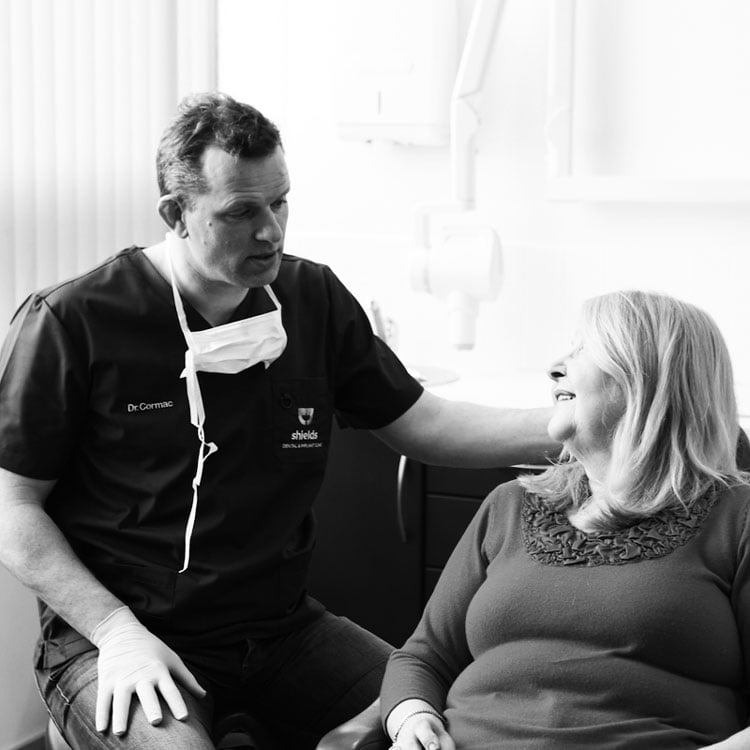We’ll stop jaw pain
wearing you down.
Most people who clench their jaws and grind their teeth may be unaware that they do so.
However, these are only symptoms of broader issues that, if not treated, can have major consequences not only for your dental health, but also your entire sense of well-being.
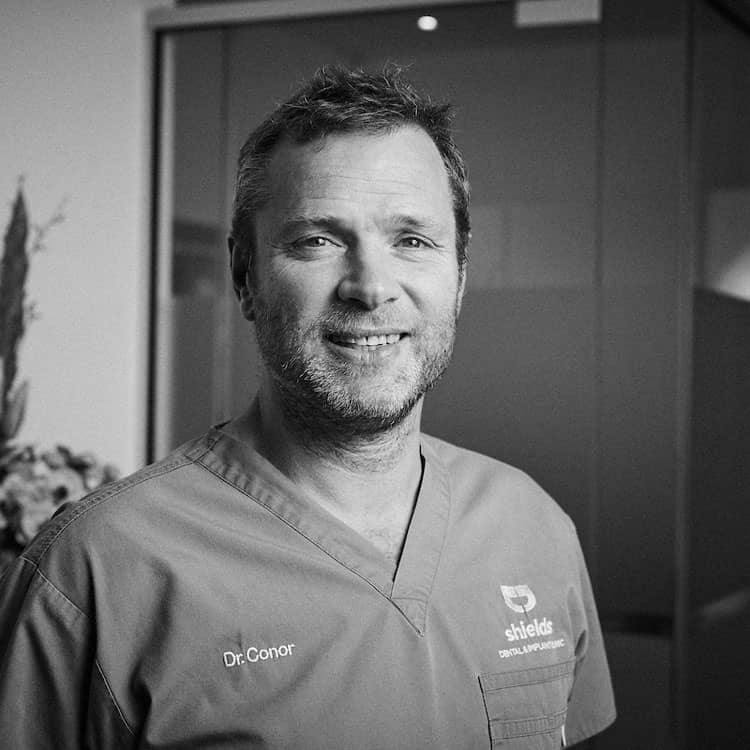
What is TMD?
Clenching of jaws and grinding of teeth are often symptoms of a disorder known as Temporomandibular Joint Dysfunction (TMD).
Patients who visit us at Shields Dental & Orthodontic Clinic Limerick and our other locations in Castletroy and Roscrea are professionally assessed by dentists who are highly trained and experienced in the diagnosis and treatment of TMD.
Stop pain in the jaw, jaw muscles and teeth.
Facial pain and headaches often disappear when patients stop grinding their teeth, but tooth damage and other side effects such as infection may need treatment. Many patients don’t realise they are grinding their teeth until pain in their jaw or teeth alerts them — when irreversible damage has already been caused. Regular dental check-ups give our dentists an opportunity to identify signs of teeth grinding early before serious damage takes place.
The Shields brothers hold postgraduate qualifications in occlusal studies and are associated with the British Society of Occlusal Studies.
Click on the links for further details about jaw clenching and teeth grinding.
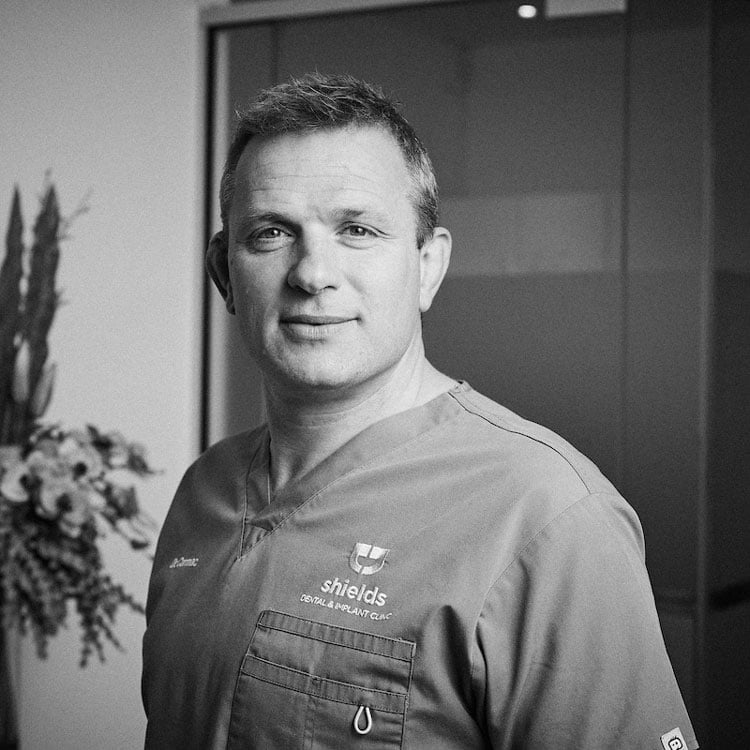
FAQs.
Invisible Item
What are the symptoms of TMD?
The first way to know if you have TMD is to look for specific symptoms. These symptoms include:
- Pain in your joints (or the joints connecting your jawbone to your skull)
- Jaw pain
- Difficulty or painful chewing
- Pain around your ear
- Jaw joint locking, so you’re unable to open and close your mouth
- Facial pain
This isn’t the most noticeable symptom, but some TMD sufferers experience a clicking noise when they open their mouth. It’s also common to experience a grating sensation while chewing.
If you experience any of these symptoms, it’s best to see a dentist for TMD treatment.
What are the causes of TMD?
Your mandible can move and your joints work with a myriad of muscles in your jaw.
Bones interact with the joint. They’re separated by a small, shock-absorbing disk and are covered by cartilage. These bones ensure jaw movements are smooth and healthy.
When TMD sufferers first experience symptoms, the parts connected to the joint are first damaged.
This can be caused by a number of different factors. For example, the disk can erode or get out of alignment. Many people develop TMD if their joints are damaged due to injury.
Other ailments, such as arthritis, leave you at risk for developing TMD.
When should I see a dentist?
Medical attention isn’t always necessary. You can develop symptoms because your joints are overworked and stressed out. Pain and discomfort will go away on their own.
However, there’s a time you need to see a dentist. For example, do you have constant issues opening and closing your mouth? This means your TMJ is causing your joints and jaw muscles to function incorrectly.
Another reason to see a dentist for TMD is if the pain is severe and persistent.
There are many treatments for TMD. Pain medication can help your pain and swelling. If you develop TMD because you clench your jaw, anti-anxiety medication can help relieve your stress so you don’t clench your jaw.
Your dentist may also recommend you eat primarily soft foods to take the chewing stress off of your joints and muscles.
Severe cases may require specialised treatment and devices such as the occlusal splint.
Our
treatments.
From the regular check-up to the specialist and advanced treatments that are needed throughout life, we always use state-of-the-art equipment and latest recommended techniques.

Open 7 days*
Highly trained specialists and dentists
Your safety is guaranteed in our hands
Payment options
Technically advanced
Convenient locations
No obligation consultations
Find out what makes us different.
Recent Reviews.

SCR, Limerick, Shields Dental & Orthodontic Clinic

Castletroy, Limerick, Shields Dental & Orthodontic Clinic
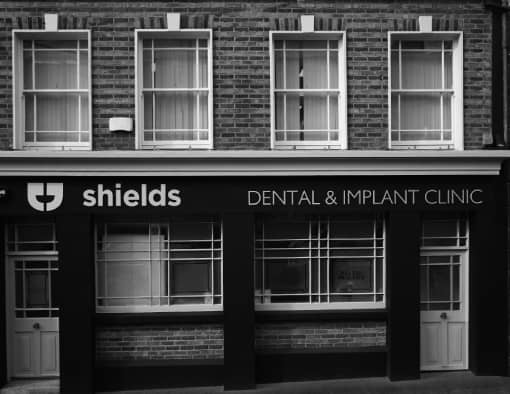
Roscrea, Tipperary, Shields Dental & Orthodontic Clinic

Blackrock, Dublin, Shields Dental & Orthodontic Clinic
Convenient
locations.
You don’t have to go to Beverly Hills to look good, you can go local. In convenient locations in Limerick, Castletroy, Roscrea and Blackrock Dublin. Comfortable but advanced, friendly but professional. Click on your preferred location in the menu or use the arrows to discover more.
For the
smile you have
always wanted.
Use our FREE consultation service to speak to one of our Treatment Coordinators, who give you information about how we can help, without any financial commitment.
Most importantly it helps to build your confidence in starting your journey with Shields to the smile you have always wanted.
We’ll discuss with you what you would like to achieve with your dental health and the appearance of your smile, answer any questions and listen to any problems you may have had with your teeth in the past.

